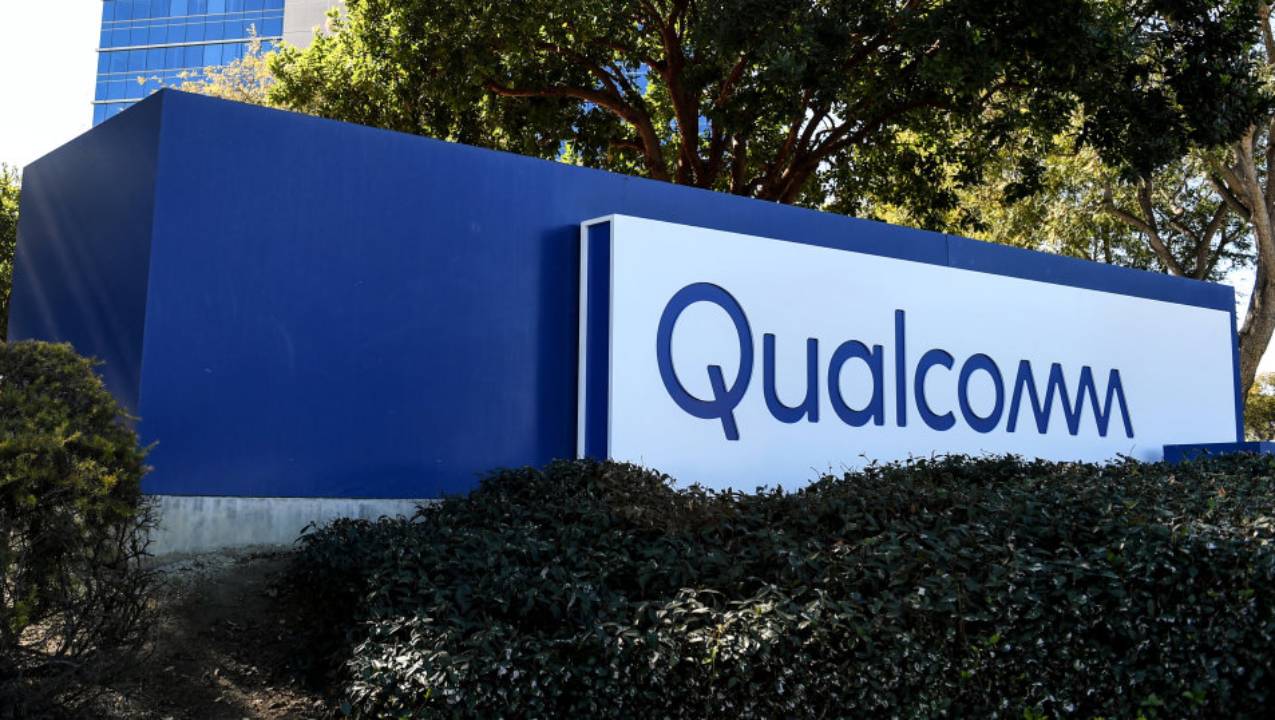
When the U.S. Department of Commerce revoked Huawei export licenses from Intel and Qualcomm last week, it effectively barred the two companies from working with the Chinese high-tech giant. Intel subsequently cut its revenue projection by nearly $500 million for a single quarter. Qualcomm, on the other hand, said that it did not expect to receive product revenue from Huawei beyond 2024 anyway. Yet it will continue to obtain royalties from Huawei.
"On May 7, 2024, the U.S. Department of Commerce informed Qualcomm Inc. that it was revoking the Company's license to export 4G and certain other integrated circuit products, including Wi-Fi products, to Huawei Device Co., Ltd. and its affiliates and subsidiaries, effective immediately," a statement by Qualcomm in a filing with the Securities and Exchange Commission reads. "As disclosed in our Form 10-Q filed on May 1, 2024, we did not expect to receive product revenues from Huawei beyond the current calendar year. This revocation has moved that date to May 7, 2024, as we implemented measures to immediately comply."
Qualcomm had export licenses from the U.S. Department of Commerce, allowing it to sell 4G application processors, modems, and Wi-Fi adapters to Huawei. The company supplied processors to Huawei, which used the chips in some of its smartphones. However, now that Hyawei's HiSilicon division has its own Kirin 9000s and 9010 system-on-chips to power the company's handsets, the Chinese giant barely needs Snapdragons processors.
"Huawei recently launched new 5G-capable devices using its own integrated circuit products," another statement by Qualcomm reads. "While we have continued to sell integrated circuit products to Huawei under our licenses, we do not expect to receive product revenues from Huawei beyond the current calendar year."
Now that Huawei has its own SoCs to power smartphones, Qualcomm did not expect its business with Huawei to continue into 2025. On the other hand, Huawei does not have processors that could replace Intel's Core or Xeon CPUs from its PCs and servers. So, it's understandable that Intel expected Huawei to keep using its products in the foreseeable future.
What is noteworthy is that despite the lack of an export license to sell actual products to Huawei, Qualcomm Technology will likely continue to collect royalties for its patents from Huawei and other Chinese smartphone makers.
"We have recently extended, renewed or entered into license agreements with several key OEMs," Qualcomm said. "We are currently pursuing negotiations with other key OEMs whose agreements expire in early fiscal 2025 (including Huawei). We also continue to engage in negotiations toward a comprehensive resolution with a growing, China-headquartered OEM that sells primarily in developing regions."







